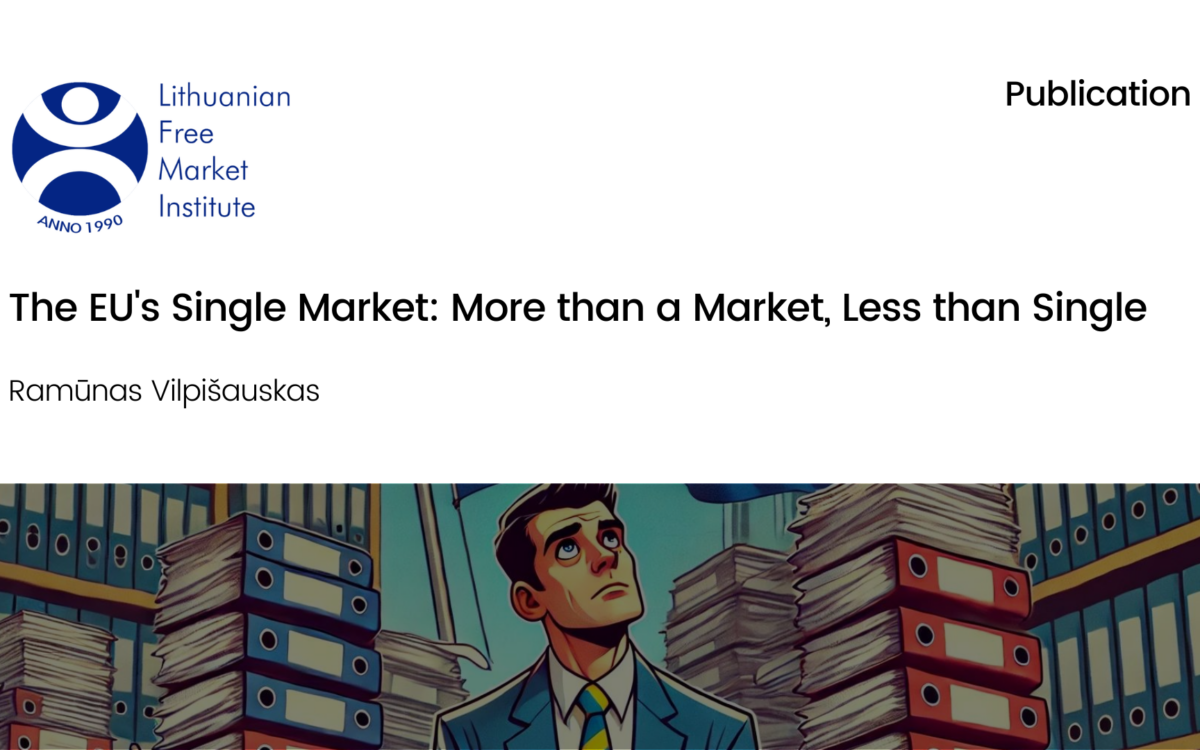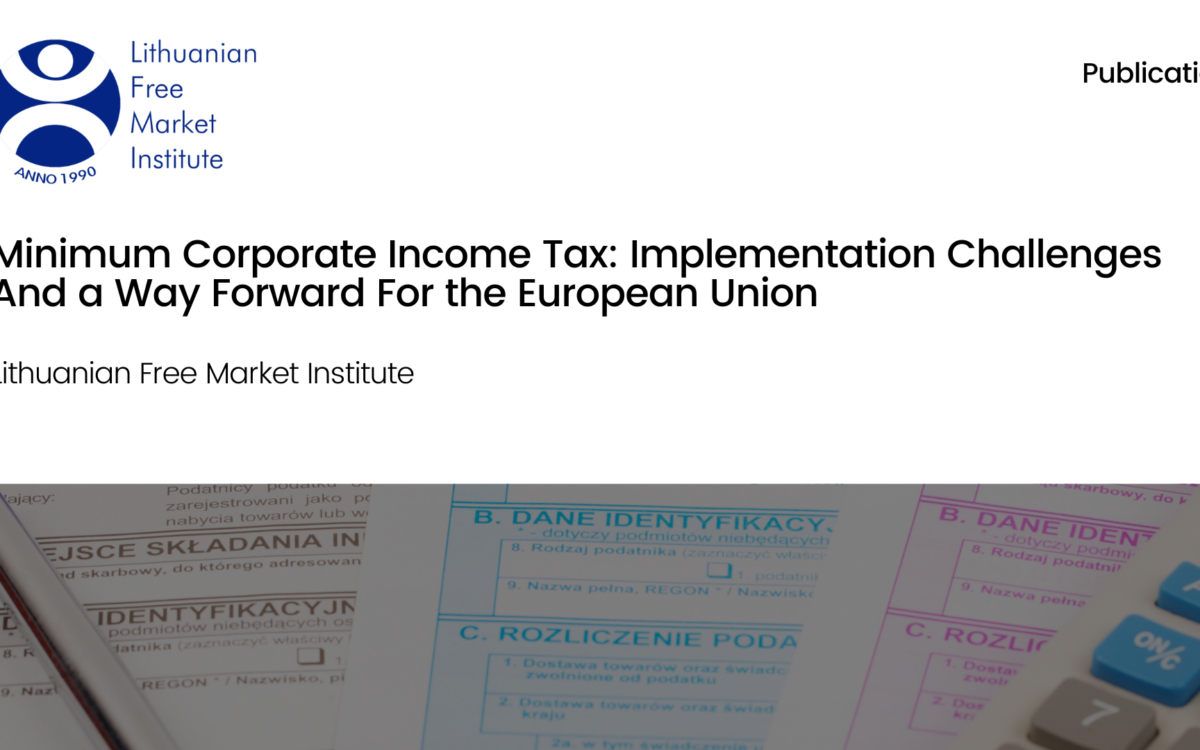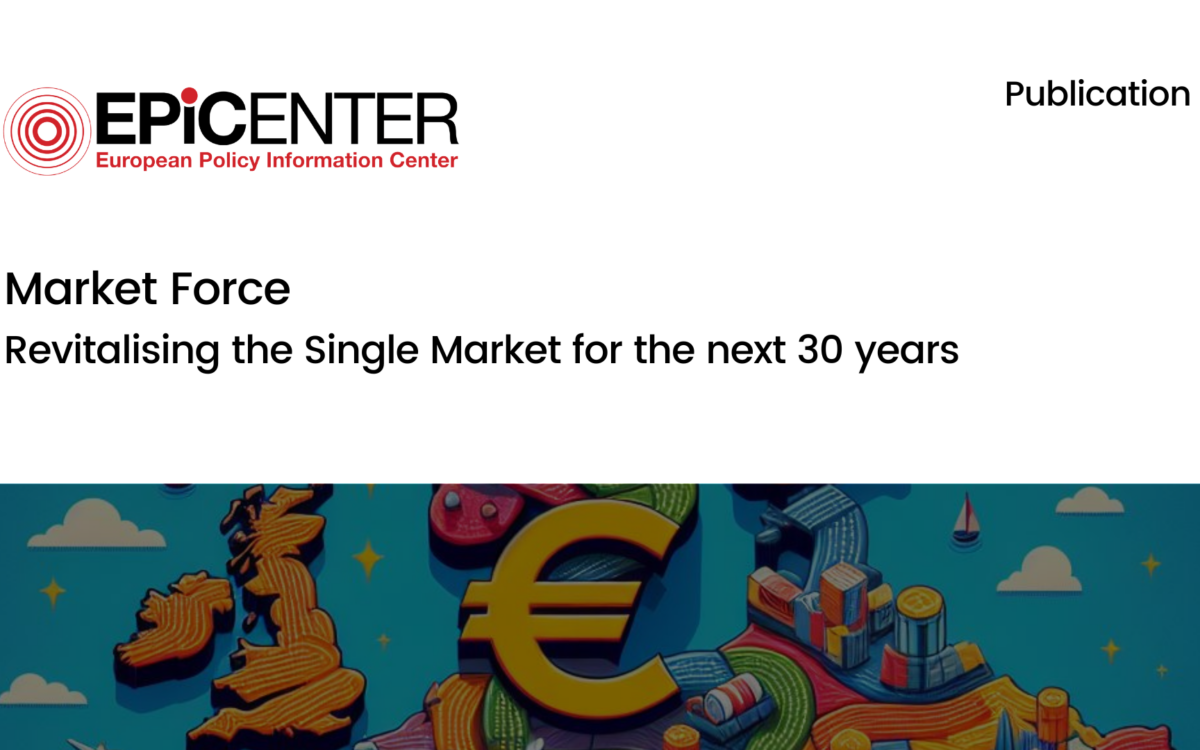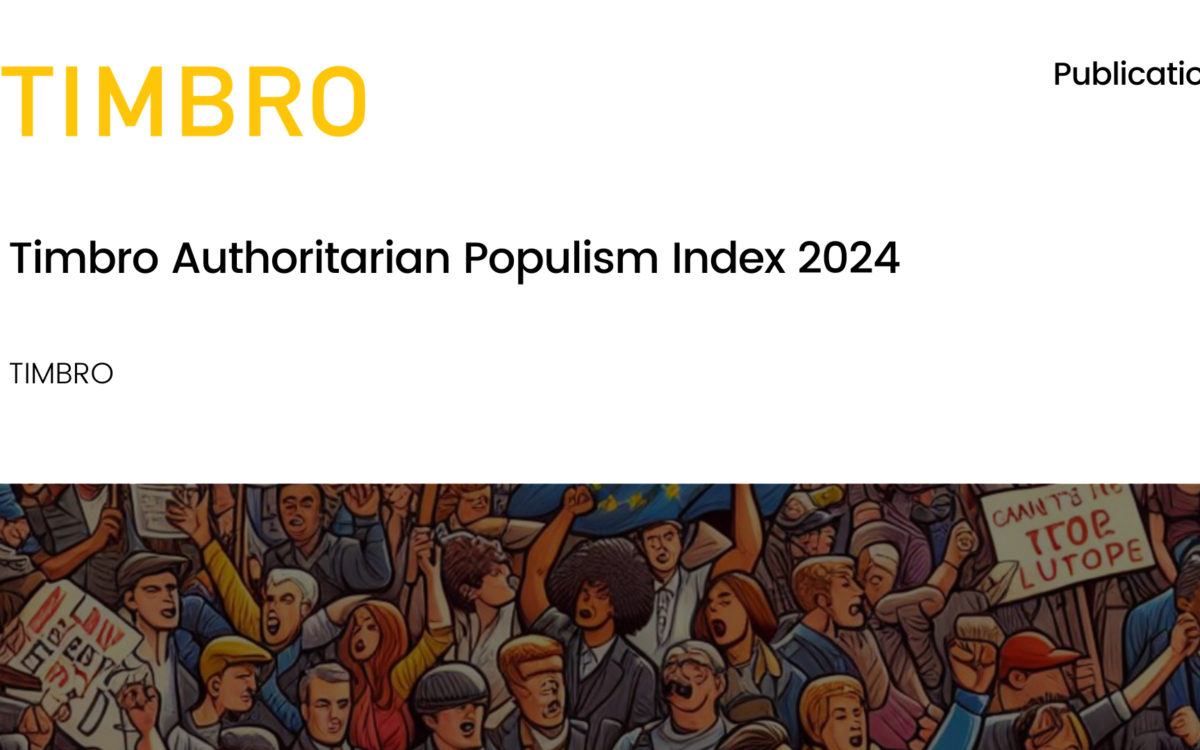Nanny State on Tour
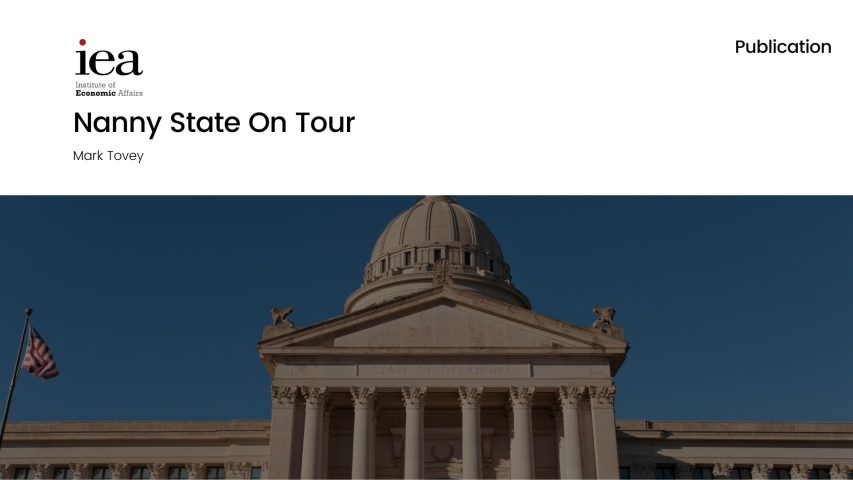
Nanny State on Tour
14 November 2019
This study calculates how much UK foreign aid was spent (in 2018 prices) on lifestyle interventions targeting smoking, drinking, eating and sedentary behaviour.UK taxpayers spent £44.6million on ‘nanny state’ foreign aid projects between 2005 and 2018, spread over 35 projects in 47 countries. The three biggest recipients were China (£7.9million), India (£2.2 million) and Colombia (£1.8 million).
‘Nanny state’ foreign aid has ballooned in recent years. The majority (84.4 per cent) of the £44.6million was spent from 2016 to 2018. Annual spending on lifestyle intervention projects equalled £17million in 2016, £16.7million in 2017 and £3.9million in 2018.
Projects in China included a £6.8million ‘research unit’ to reduce the amount of salt housewives add while cooking; in India, £130,605 was spent researching the ‘acceptability and feasibility’ of taxing sugary drinks; and in Colombia, £1million was spent tightening tobacco control laws.
The three biggest categories of spending were anti-smoking projects (65.7 per cent of total ‘nanny state’ aid), salt-reduction schemes (20.2 per cent) and weight-loss interventions for children and adolescents (1.9 per cent).
Almost three quarters (72.4 per cent) of the £44.6million spent on lifestyle interventions abroad was funnelled through just five organisations: the World Health Organization (£15.9million), Queen Mary, University of London (£7.81million), the University of Stirling (£3.46million), the University of York (£3.14million) and the University of Cambridge (£2.06million).
Our analysis finds that there are better uses for health-related foreign aid than the ‘nanny state’ projects identified in this study. For example, insecticide-treated bednets to prevent malaria in Sub-Saharan Africa are twenty times more cost effective in terms of life-years saved than implementing smoke-free workplaces, a policy that was pursued in Cape Verde, Chad, Madagascar, Sierra Leone and Zambia as part of a £5.3million tobacco-control programme in the region in 2016. That money could have bought three million insecticide-treated bednets. Misallocating resources means wasting opportunities to save lives.
Download or share this publication
View the PDF
EPICENTER publications and contributions from our member think tanks are designed to promote the discussion of economic issues and the role of markets in solving economic and social problems. As with all EPICENTER publications, the views expressed here are those of the author and not EPICENTER or its member think tanks (which have no corporate view).
